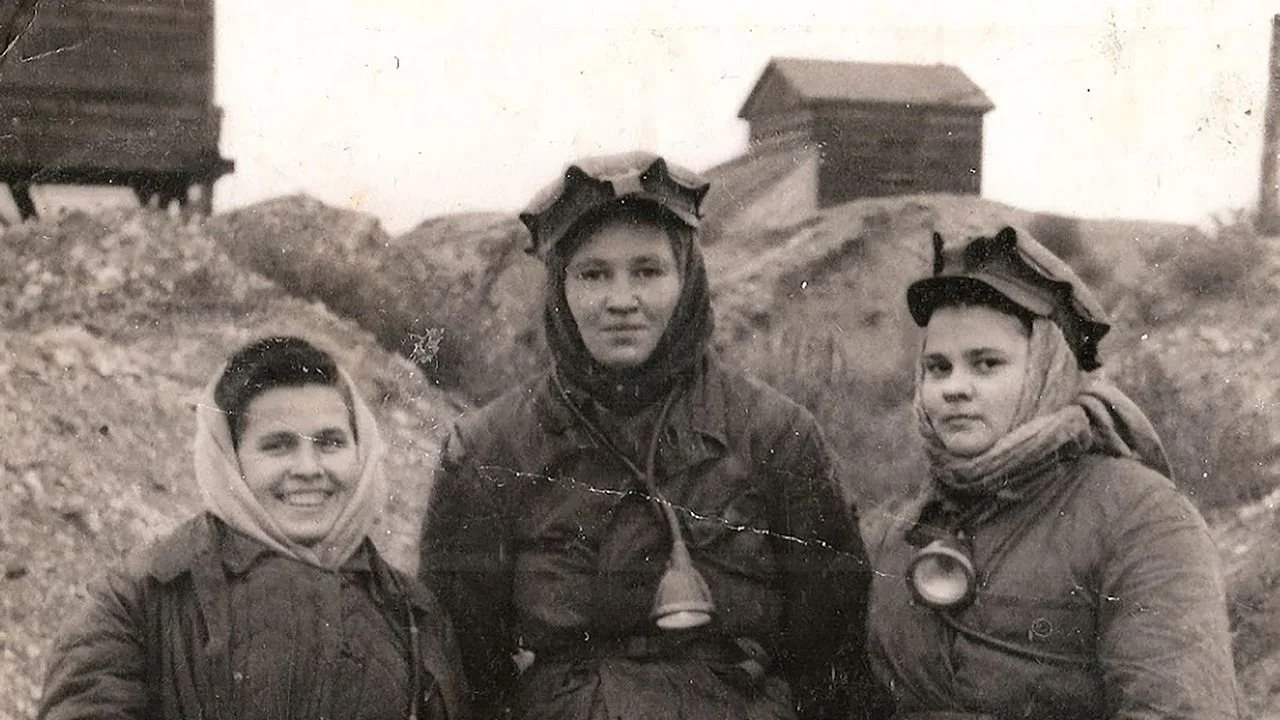What We’re Reading: September 2023
Ukraine is Not Dead Yet: A Family Story of Exile and Return
By Megan Buskey
So many Northeast Ohio residents trace their lineage to immigration or migration into Cleveland about a century ago or even earlier – an era when European immigrants and Black migrants from the U.S. South streamed into homes and businesses in Cleveland in record numbers. Think of the innumerable stories that each family has as a part of their clan’s culture – of chasing opportunities, of fleeing awful conditions, of relationships strained by the hardships encountered on the journey or where they settled. Certainly the newcomers who came to Cleveland have shaped our city’s character and culture, leaving an indelible mark on our region.
For author Megan Buskey, her family’s history carries as many incredible stories as other families’ – and they were made even more complicated by Ukraine’s national story, which is playing out on a global scale now that it is enmeshed in a devastating war for its future. Buskey, who was born in Cleveland and spent most of her childhood in Westlake, has been studying and writing about Ukraine for decades, and has contributed to the New York Times Book Review, The Atlantic, and National Public Radio’s All Things Considered.
Buskey’s earliest memories stem from conversations with her grandmother Anna in the 1980s, decades after Anna had survived the chaos of World War II and her years in exile in Siberia. The author takes the reader on a journey of discovery that incrementally reveals what she came to know about her descendants.
Her family’s story is mostly focused on Staryava, a small western town in Ukraine near the border with Poland, and geopolitical tensions among the Poles, Ukrainians, and Russians would come to shape the family’s fortunes. Whereas part of her family found economic opportunity by settling in Cleveland’s Tremont neighborhood – sending money back to family members as often as possible – others back home found themselves eventually embroiled in the tensions leading to war. The German invasion of Poland in 1939 made it all worse, and over the course of the next two decades, the German invasion of parts of Ukraine, and the subsequent pushback by Russia made things even more chaotic. Ukrainian nationalists found they had much more in common with the Nazis, and as Buskey eventually learns through persistent researching and interviewing, some members of her family get caught up in that movement.
When Stalin’s forces retake control, nationalists are rounded up and either killed or sent to the Gulag (a system of work camps in Siberia) to help build the modern economy of the Soviet Union. But their policy wasn’t just to break the nationalists. They aimed to break their loved ones as well. Many members of Buskey’s family ended up being treated brutally and working in coal mines for years in Siberia.

The author’s family members pose at the Siberian coal mine at which they were forced to work for more than 20 years.
Trying to understand all the cultural and political forces that have shaped modern Ukraine can be difficult, and Buskey’s account helps to personalize so much of what took place over the course of the 20th century. Her intimate, honest approach to learning about her family’s past helps illuminate today’s Ukraine. It’s a complicated story made understandable by what she uncovers about her relatives and their struggles to carve out a future for their descendants. While the current Ukrainian war can seem so far removed from Northeast Ohio, Buskey’s account reminds us of the close connection the Ukrainian people have to Cleveland – both in the past and continuing into the future.
